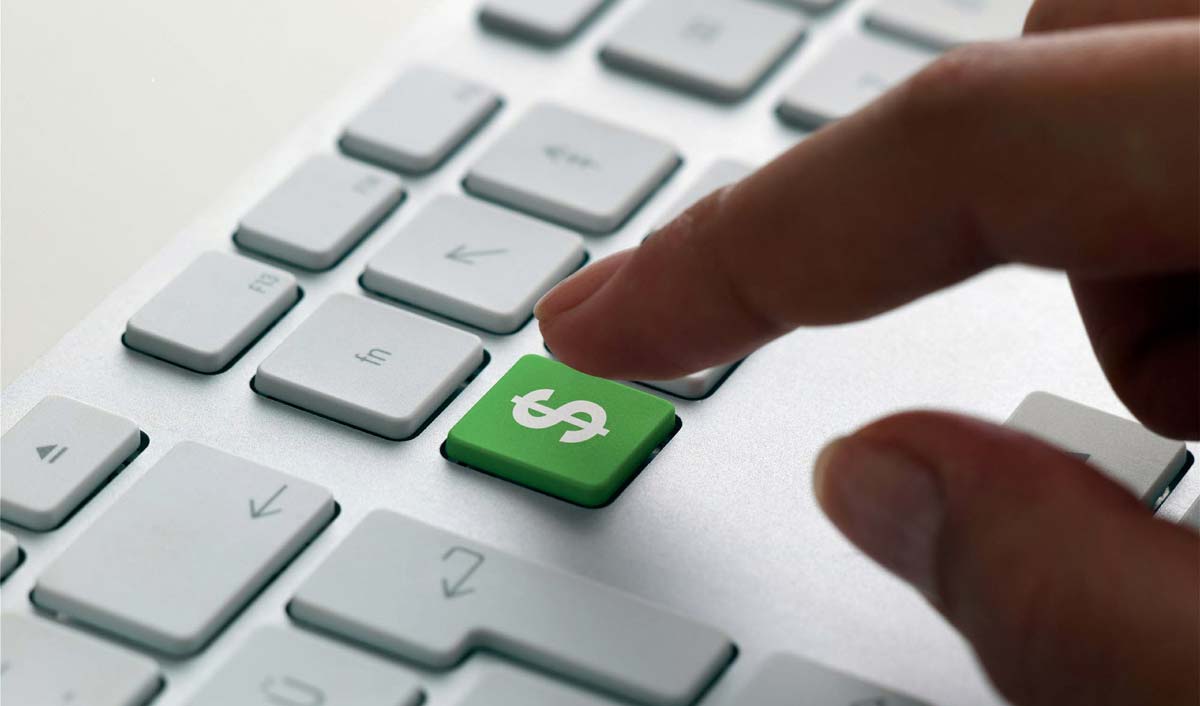
After months of scouring the ‘net—looking at car after car after car—you’ve finally found THE one. There’s just one problem. A private party is selling it and you’re going to need bank financing to make the purchase.
Now before you give up and settle for something else, do know it is entirely possible to finance a private party car sale. Here’s how…
Obtain a Copy of Your Credit Report
Before you go any farther, you’re going to need to know your credit score. You must also make sure all of the information contained in your credit report is correct. Credit reports can contain errors that will drag your score lower than it should be. If you do find mistakes, you may need to get them corrected before proceeding.
In most cases, only borrowers with good credit scores can secure private party financing. If the errors on your report are pushing your score into subprime territory, you’ll need to get this corrected before you proceed. Lenders generally will not do subprime loans for private party transactions. If your credit score is 640 or lower, you’re probably going to be denied this type of loan.
Get the Loan Pre-Approved
Start with the institution with which you typically bank. This is particularly true if you know someone in the lending department there. People who know you will often consider your application differently than strangers. Still, if the bank does private party financing and your score is good, that won’t really matter.
Another good choice is to consider an online lender who does private sale car loans like RoadLoans. One of the advantages of this strategy is your application can be shopped to a number of lenders with a single inquiry on your credit report. Remember, excessive inquiries can also lower your credit score.
Consider The Terms
In most cases, private party car loans carry higher interest rates than dealership loans. They also tend to have shorter terms. In other words, the amount of time you’ll have to repay the loan will be smaller. In most cases, four years is the maximum, so you’ll have to make sure the price you agree upon is one you can cover over a four-year period.
Another thing you’ll need to be careful about is the age of the car. Most lenders willing to write a loan of this type won’t go back more than five years or so to ensure they can get their money out of the car if you have a problem repaying the loan.
One more thing, you will typically be required to make a down payment. However, the loan must also be over a certain amount for the lender to consider it worth their time. The exact details will vary by lender, so make sure you’re clear on everything before you agree to accept the loan.
Doing the Deal
OK, so you’ve found the car and you’ve found the financing—all that’s left to do is agree on the price with the seller and get them paid. Once the two of you have settled on a price, go back to your lender and ask for a check to cover the purchase amount—less your down payment.
Your lender will typically issue the check in your name and you’ll sign it over to the seller upon receipt of the keys, the car and the title—which should be signed over to you. You will then proceed to the DMV to change the registration over to your name, listing your lender as the lienholder. The DMV with then mail the certificate of ownership (AKA the “pink slip”) to your lender.
While the exact details of how to finance a private party car sale will vary slightly depending upon the state in which you reside, these are the basics. Follow the above advice and you’ll be driving the car of your dreams in no time at all.








